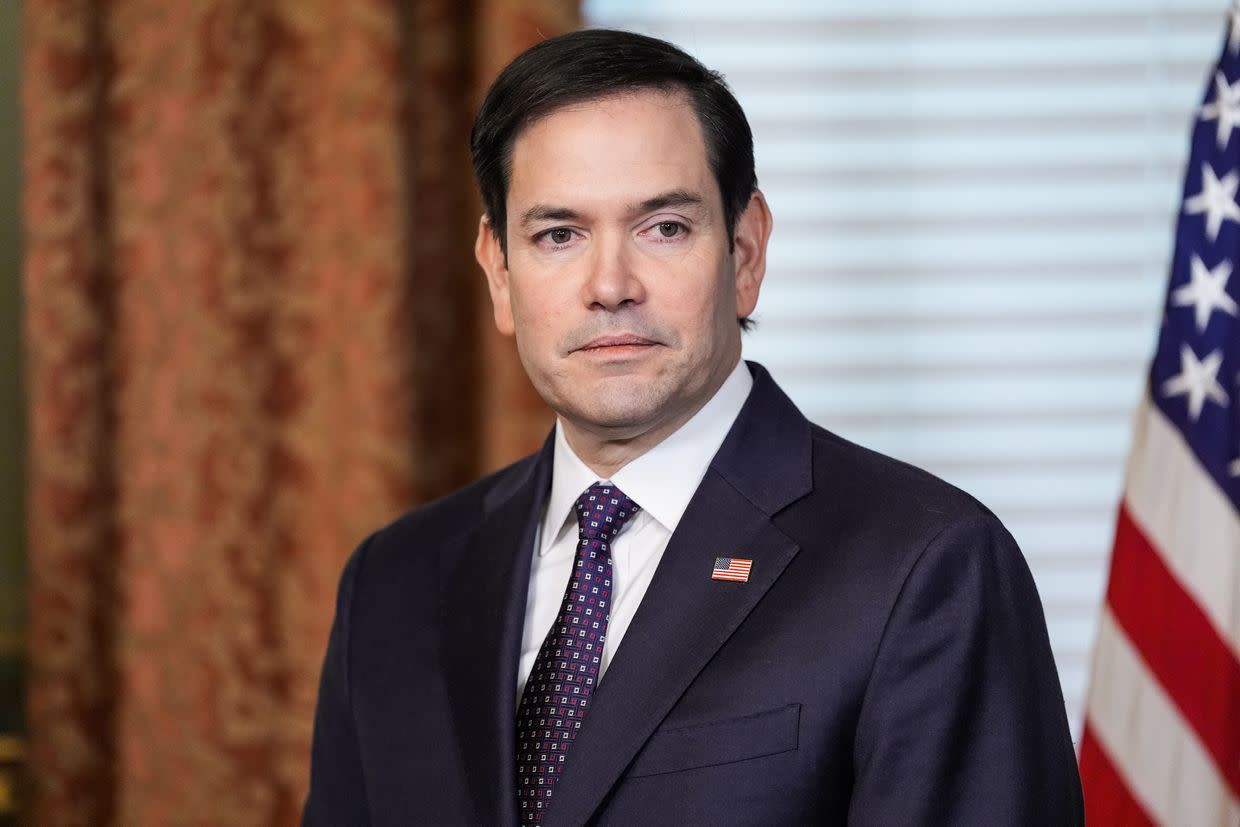In a significant shift in diplomatic strategy, the Trump administration is moving to engage directly with Russia over the Ukraine war, a conflict that has been Europe’s deadliest since World War II. The White House announced plans to send key officials – Secretary of State Marco Rubio, National Security Adviser Mike Waltz, and special envoy Steve Witkoff – to Saudi Arabia for talks with Russian counterparts, raising concerns among European allies about their diminishing role in negotiations.
The conflict, which began in 2014 with Russia’s annexation of Crimea and escalated dramatically with a full-scale invasion in February 2022, has thus far resisted all peace efforts over the past three years. Trump’s new approach represents a marked departure from previous diplomatic attempts, emphasizing direct U.S.-Russia engagement.
At the heart of this diplomatic initiative is a complex negotiation involving Ukraine’s rare earth mineral deposits. The Trump administration is seeking U.S. access to these resources in exchange for the $66 billion in military aid already provided to Kyiv. However, Ukrainian President Volodymyr Zelenskyy has resisted this proposal, directing his ministers to withhold approval due to concerns about insufficient security guarantees for Ukraine.
Trump’s optimistic view of potential negotiations with Russian President Vladimir Putin has raised eyebrows. The President cited Russia’s historical military prowess, noting, “They have a big, powerful machine. They defeated Hitler and they defeated Napoleon,” suggesting this history makes Putin more likely to seek a diplomatic solution now.
European allies have expressed growing unease about being sidelined. While Trump officials, including Vice President JD Vance, have met with various European leaders, concerns persist. Vance’s recent meetings, particularly with far-right German leader Alice Weidel, and his comments on European domestic issues have only intensified these worries.
The White House has attempted to address these concerns, pointing to Trump’s recent conversation with French President Emmanuel Macron and planned discussions with British Prime Minister Keir Starmer. National Security Adviser Waltz emphasized on Fox News that European allies are being consulted, though he acknowledged some may disagree with the negotiation process.
In response to these developments, European leaders are taking steps to maintain their influence. French Foreign Minister Jean-Noël Barrot announced that Macron would convene top European leaders in Paris, highlighting a renewed sense of European unity in the face of changing U.S.-Russia relations.
Critics, including former Bush administration official Heather Conley, warn that Trump’s approach risks reverting to a 19th-century model where great powers determine the fate of smaller nations. This concern is particularly acute given the ongoing debate within the Trump administration about Russia policy, with some officials pushing for rapid rapprochement while others worry about Putin’s broader goals of weakening the Euro-Atlantic alliance.
This diplomatic initiative unfolds as the war continues to exact a heavy toll, having caused tens of thousands of deaths and triggered a massive refugee crisis. The outcome of these talks could not only determine the future of Ukraine but also reshape the relationship between the United States, Russia, and Europe.
